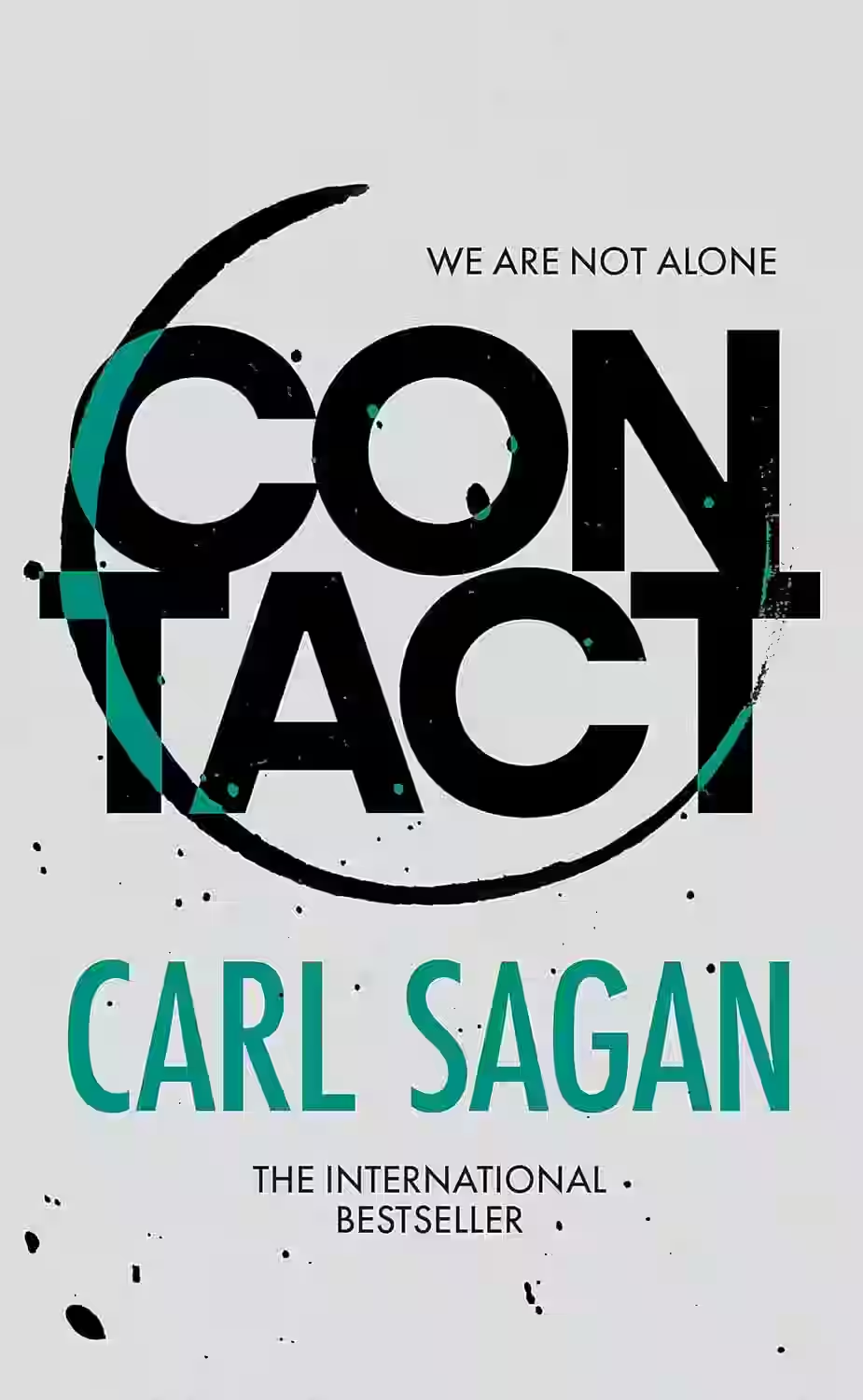
In Carl Sagan's thought-provoking novel 'Contact,' readers are taken on an exhilarating journey through space exploration, science, and the age-old question of humanity's place in the universe. The story follows Dr. Ellie Arroway, a passionate and dedicated scientist who makes contact with extraterrestrial beings through a mysterious signal from the star Vega. As Ellie navigates the complexities of politics, religion, and the unknown, she embarks on a quest for truth that challenges her beliefs and the very fabric of reality. 'Contact' seamlessly weaves together science and philosophy, offering a captivating narrative that explores the boundless curiosity of the human spirit.
About Carl Sagan
Carl Sagan (1934-1996) was an American astronomer, cosmologist, and astrophysicist whose groundbreaking research and popular science writing captivated millions. Born in Brooklyn, New York, Sagan played a pivotal role in the scientific community, contributing to NASA's space missions and pioneering the search for extraterrestrial life. His best-known work, 'Cosmos,' became a bestselling book and award-winning TV series, making complex scientific concepts accessible to a wide audience. Sagan's eloquent prose and passion for exploring the mysteries of the universe left an indelible mark on literature, inspiring generations to ponder the wonders of the cosmos.
Other Books by Carl Sagan
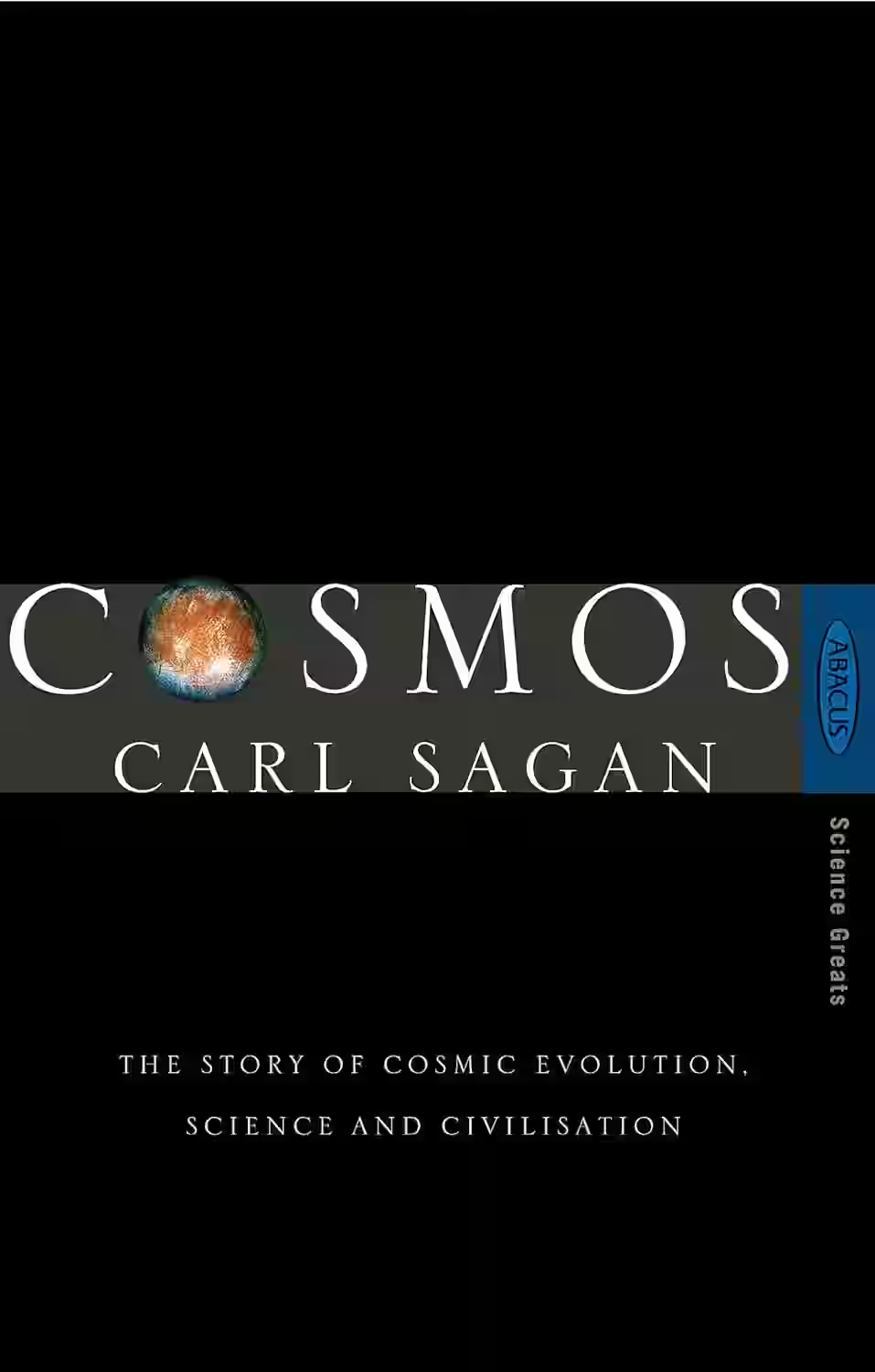
Cosmos
by Carl Sagan
In Carl Sagan's 'Cosmos', readers embark on a thrilling journey through the vast cosmos, exploring the wonders of our universe and humanity's place within it. With profound insight and poetic prose, Sagan delves into topics like space exploration, evolution, and the origins of life, bridging science and philosophy seamlessly. Through this masterpiece, he ignites a sense of curiosity and awe, urging us to ponder our existence and the mysteries of the cosmos. 'Cosmos' not only educates but also inspires readers to embrace science and reason, fostering a greater appreciation for the interconnectedness of all things.
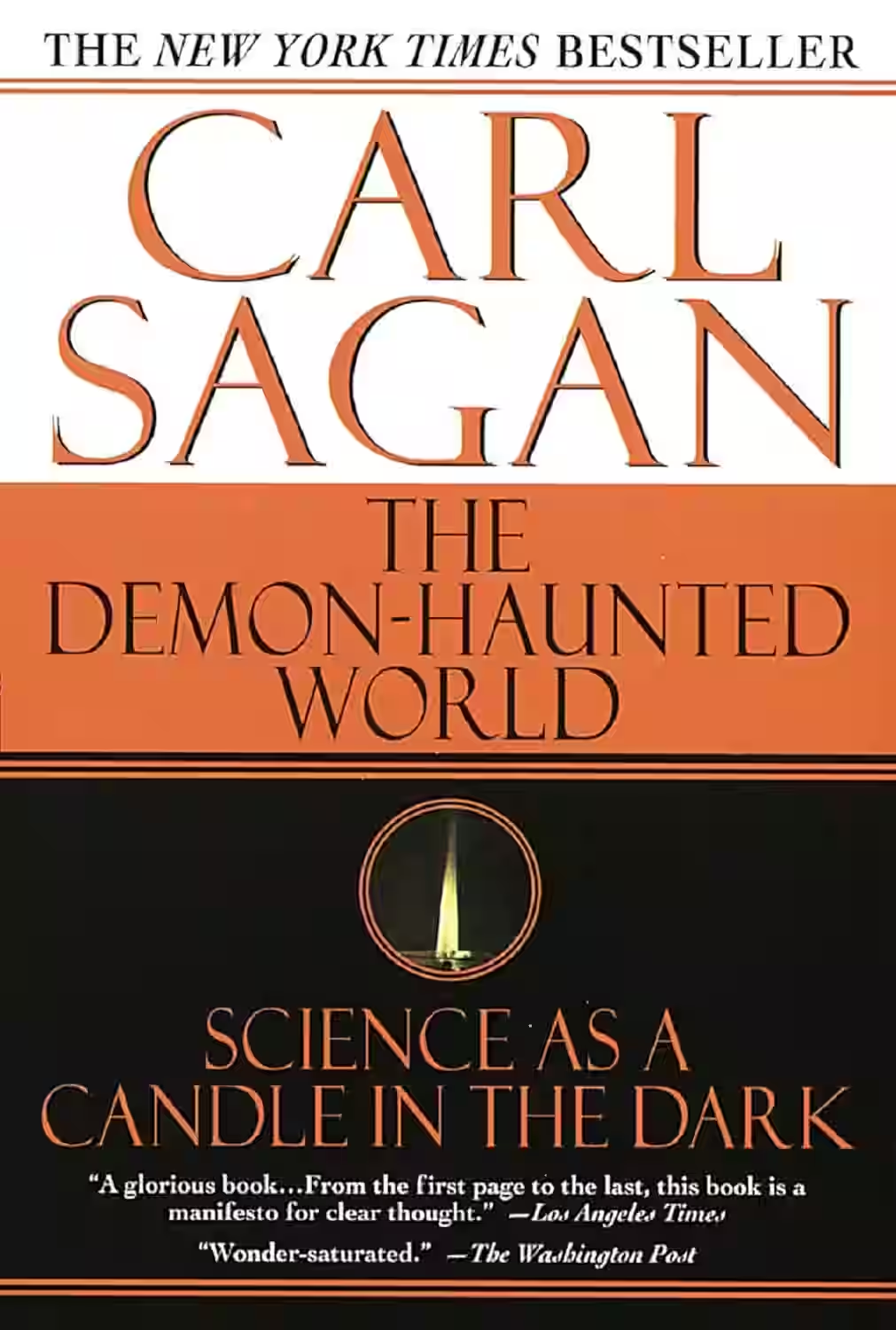
The Demon-Haunted World: Science as a Candle in the Dark
by Carl Sagan
In 'The Demon-Haunted World: Science as a Candle in the Dark', the iconic astrophysicist Carl Sagan explores the importance of critical thinking and the scientific method in a world often plagued by pseudoscience and superstition. Sagan takes readers on a journey through the wonders of the cosmos while also addressing the dangers of ignorance and irrationality. Through captivating anecdotes and compelling arguments, he advocates for a society that values evidence-based reasoning and skepticism. This enlightening book serves as a powerful reminder of the immense potential of science to illuminate our understanding of the universe and combat misinformation.
Similar Books
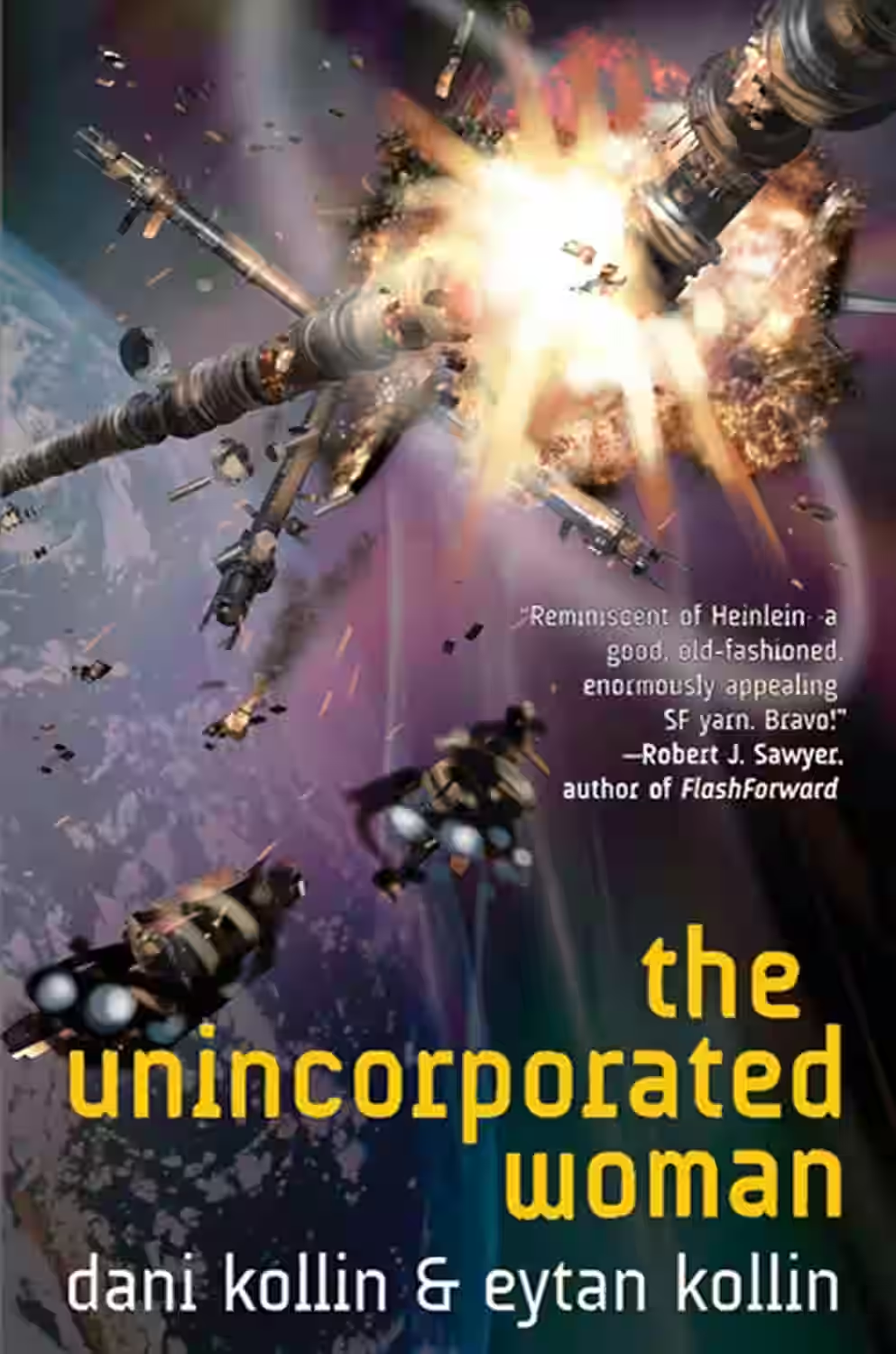
The Unincorporated Woman
Series: The Unincorporated Man (#3)
In 'The Unincorporated Woman' by Dani Kollin, the third installment in the Unincorporated series, readers are thrust into a future where individuals have become corporatized entities. Set in a universe where societal structures are dominated by corporate interests and personal autonomy is severely compromised, the narrative follows the story of J.D. Lassiter, a prominent figure caught in the turbulent tides of a battle for control over personal freedom. As interplanetary factions vie for supremacy, and old alliances crumble, this book explores themes of governance, identity, and resistance. The Kollin brothers continue to weave political intrigue with thrilling action and philosophical musings, challenging readers to consider the consequences of unchecked capitalism and the value of individual sovereignty. The novel maintains a fast-paced rhythm while diving deep into the moral conundrums posed by its futuristic setting, making it a thought-provoking addition to the series.

A Short Stay in Hell
In 'A Short Stay in Hell' by Steven L. Peck, the protagonist Soren Johansson finds himself in a vast library after his death, where he discovers that his version of the afterlife involves an eternity of reading every book ever written in a search for the one that contains the story of his own life. As Soren grapples with the incomprehensible scale of the library and the philosophical implications of his new reality, the book delves into profound themes of existence, free will, and the nature of consciousness. Peck's exploration of the limits of human knowledge and the vastness of the universe will challenge readers' perspectives on life and death.
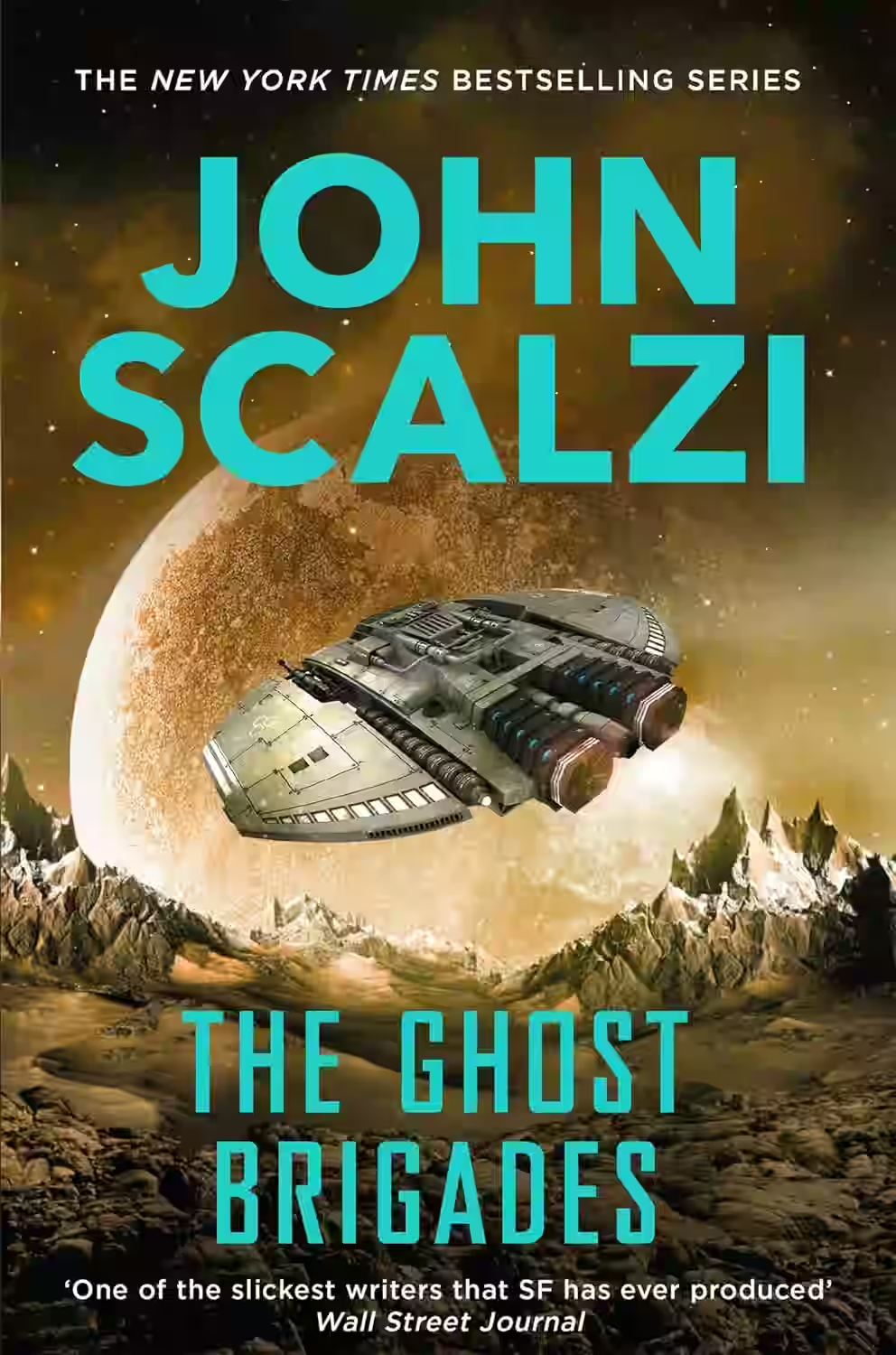
The Ghost Brigades
by John Scalzi
Series: Old Man’s War (#2)
In 'The Ghost Brigades' by John Scalzi, the future of humanity hangs in the balance as the Colonial Defense Forces confront a formidable alliance of alien species. The narrative follows the creation of Jared Dirac, a super-soldier infused with the consciousness of a defector. As Jared grapples with his own identity and the memories of his progenitor, Scalzi delves into profound themes of individuality, loyalty, and the ethics of engineered life. Balancing intense military action with philosophical inquiry, Scalzi crafts a gripping and thought-provoking tale. The book is both an exhilarating sequel to 'Old Man's War' and a standalone adventure that challenges our understanding of humanity and conscience in the face of alien threats.
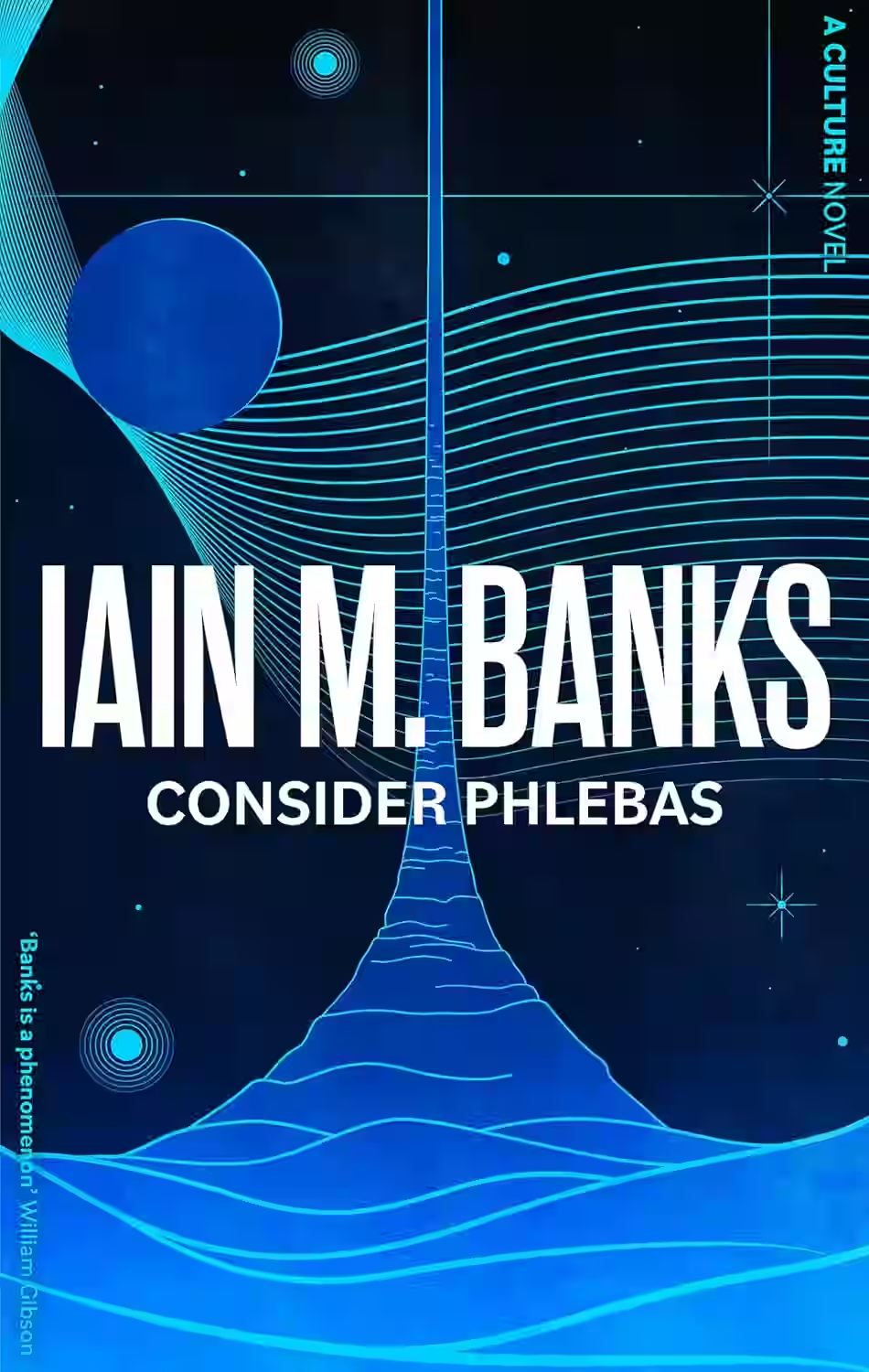
Consider Phlebas
Series: Culture (#1)
Iain M. Banks' 'Consider Phlebas' is a gripping space opera that delves into themes of identity, loyalty, and the futility of war. Set against the backdrop of a galaxy in turmoil where two powerful civilizations clash, the story follows the mercenary Bora Horza Gobuchul as he navigates treacherous alliances and personal vendettas. With rich world-building and complex characters, the novel immerses readers in a morally ambiguous universe where survival often comes at a cost. Banks' masterful storytelling and thought-provoking exploration of societal structures make 'Consider Phlebas' a must-read for fans of science fiction and epic sagas.